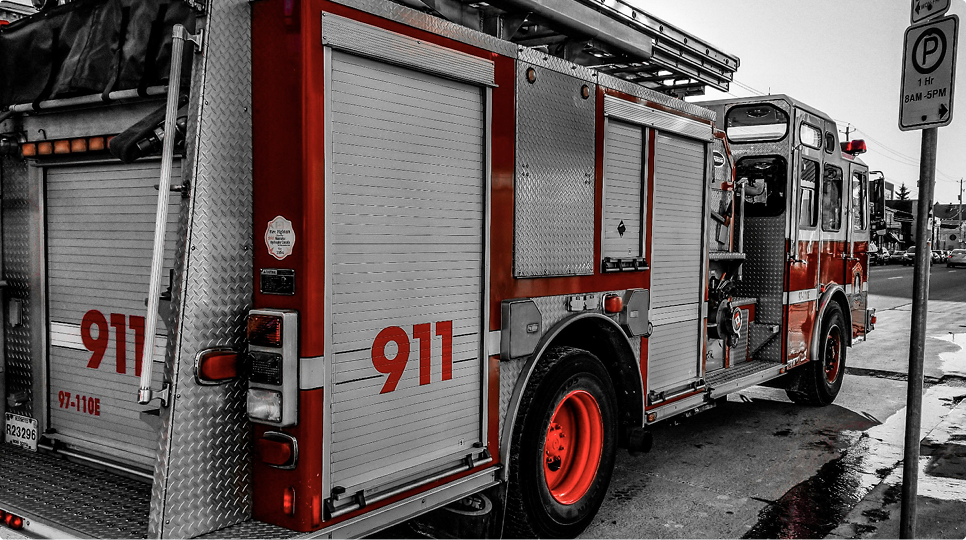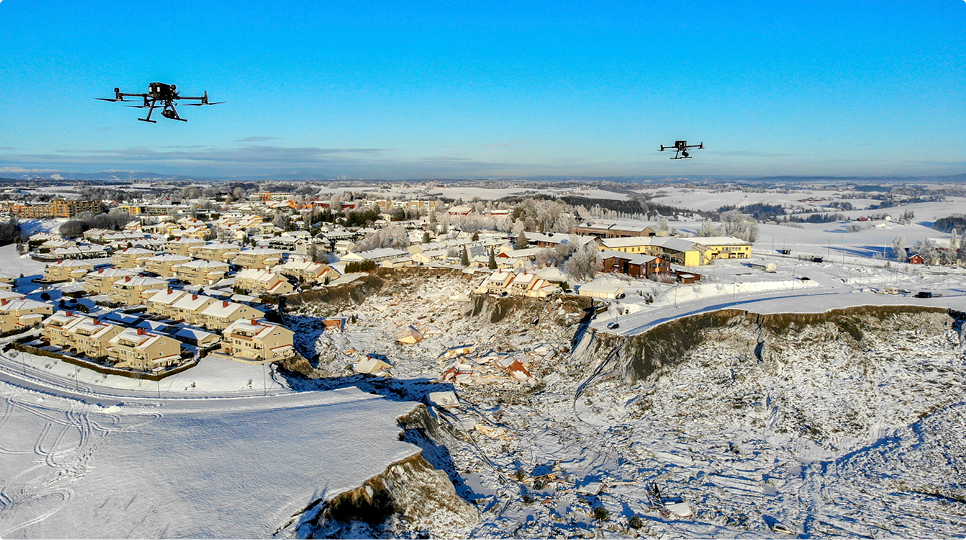How Small Drones Are Transforming Emergency Response - Using FPV drones in action
In recent years, drones have increasingly become valuable tools in emergency services and law enforcement. These agile, small, and sophisticated flying machines provide an extra layer of safety for first responders by offering detailed aerial views of hazardous or unknown areas.
Now, with the advent of smaller drones that can navigate within buildings, we are witnessing a new era in emergency response. This technology allows responders to gain real-time insights into dangerous environments without putting themselves at risk, ultimately revolutionizing how incidents are managed.

Why Small Indoor Drones Are Game-Changing for Emergency Services
Traditionally, first responders face numerous risks when entering unfamiliar buildings during emergencies, whether it’s a fire, hostage situation, or structural collapse. By deploying a small drone, responders can quickly assess a situation without exposing themselves to potential threats. Here are some key ways these small drones are changing emergency response and law enforcement operations:
- Real-Time Visual Intelligence
- Reduced Risk in Hazardous Environment
In fires, chemical spills, or disaster areas, even well-trained personnel are vulnerable to sudden changes and unseen dangers. Small drones with heat or infrared sensors can help pinpoint hot spots, gas leaks, or unstable structures without requiring a person to get close. This not only improves safety but also speeds up critical assessment processes.
- Enhanced Tactical Advantage for Law Enforcement
For police or SWAT teams, entering a building where suspects might be armed is extremely dangerous. Small drones can be deployed to gather information about suspects' locations and possible weaponry, providing officers with a tactical advantage. Drones are also useful for hostage situations, where every detail counts in ensuring a safe outcome.
- Effective Coordination with Other Teams
During complex operations, such as a fire in a crowded area or a large-scale rescue mission, small drones allow fire, medical, and police units to coordinate their movements efficiently. Sharing aerial footage between teams ensures that everyone has a clear understanding of the situation, improving response times and overall effectiveness.
- Improved Communication with the Public
Real-time footage from drones can also help emergency responders inform the public. During a crisis, it’s vital to communicate effectively to reduce panic and direct people to safe areas. By using drones, emergency responders can gain situational insights, which help in creating accurate updates.
Want to try it yourself?
Are you setting up your own FPV drone and want to stream with RTMP? IncidentShare provides a secure live stream platform for any device. Be sure to check out our complete guide to set up the DJI Neo Drone right here


